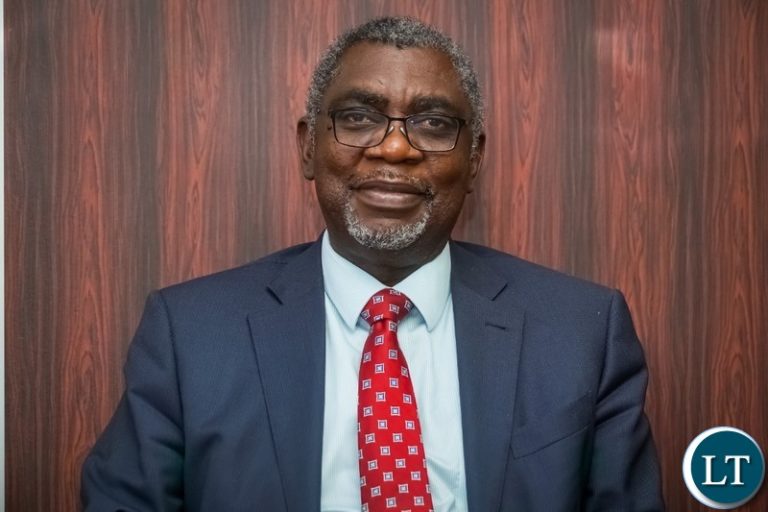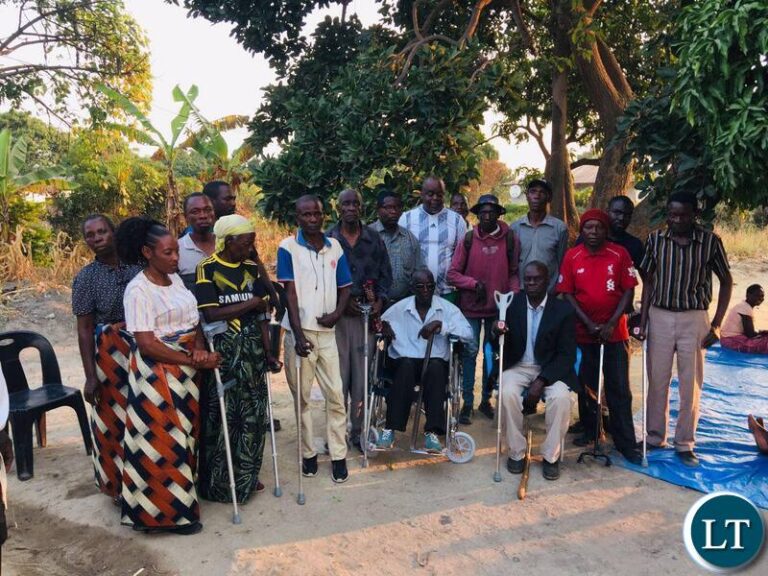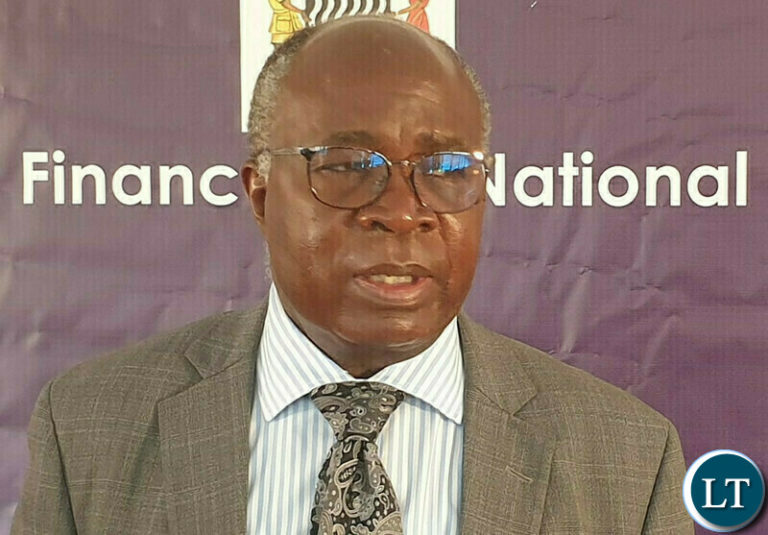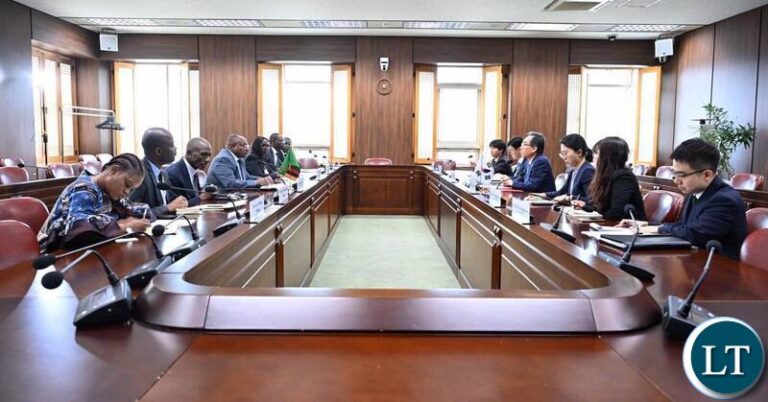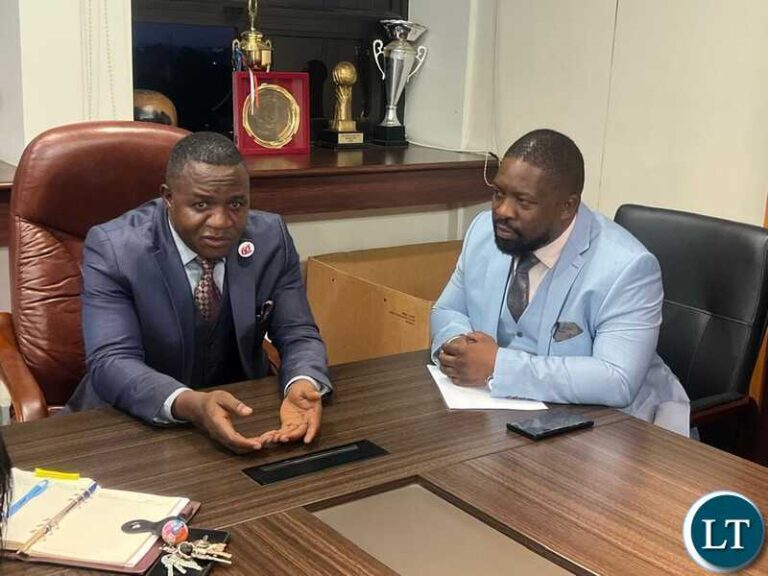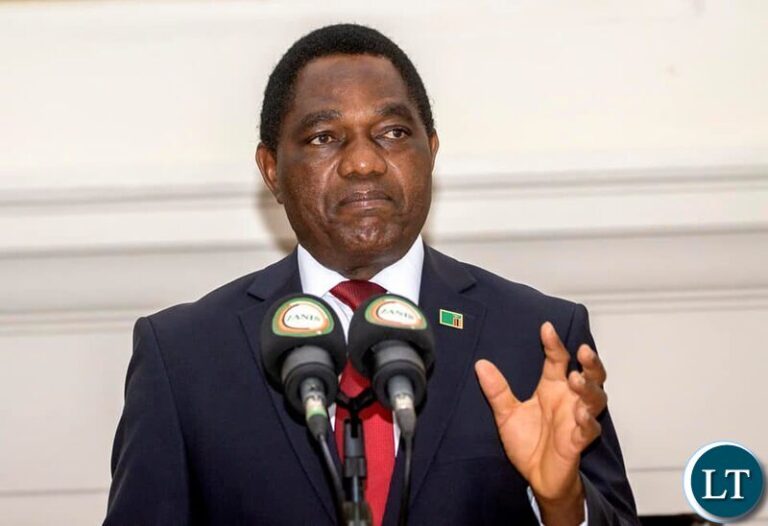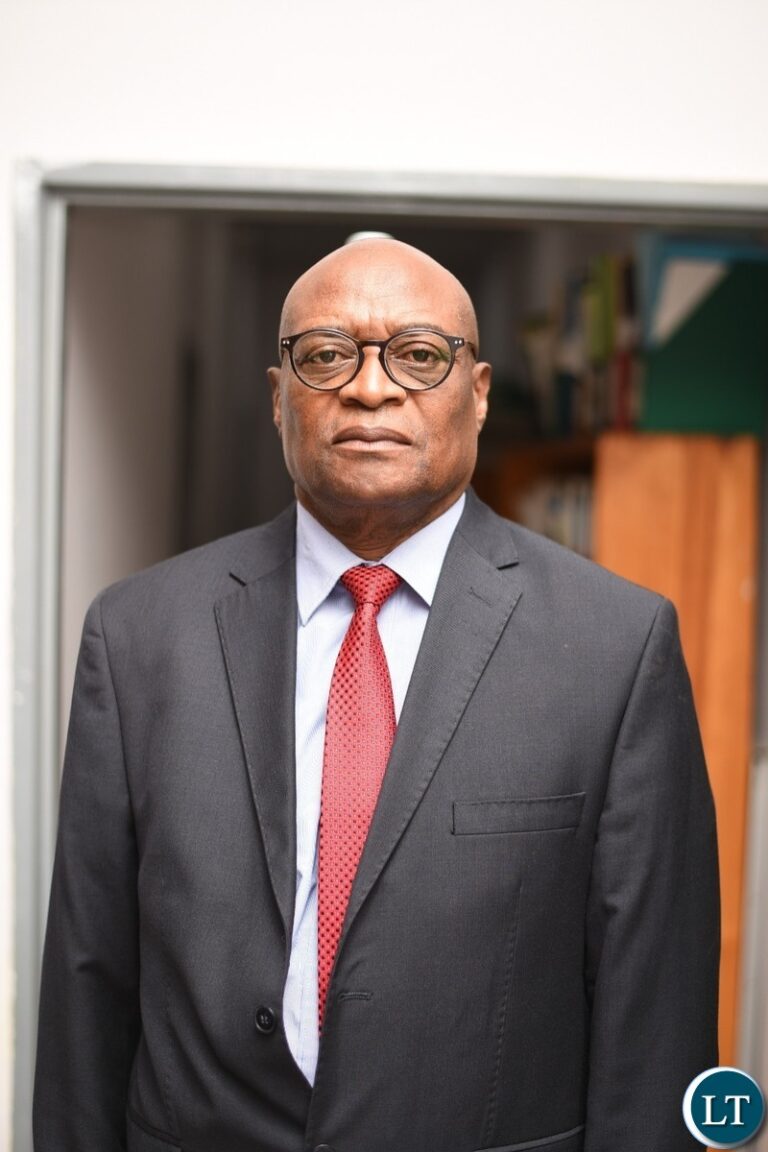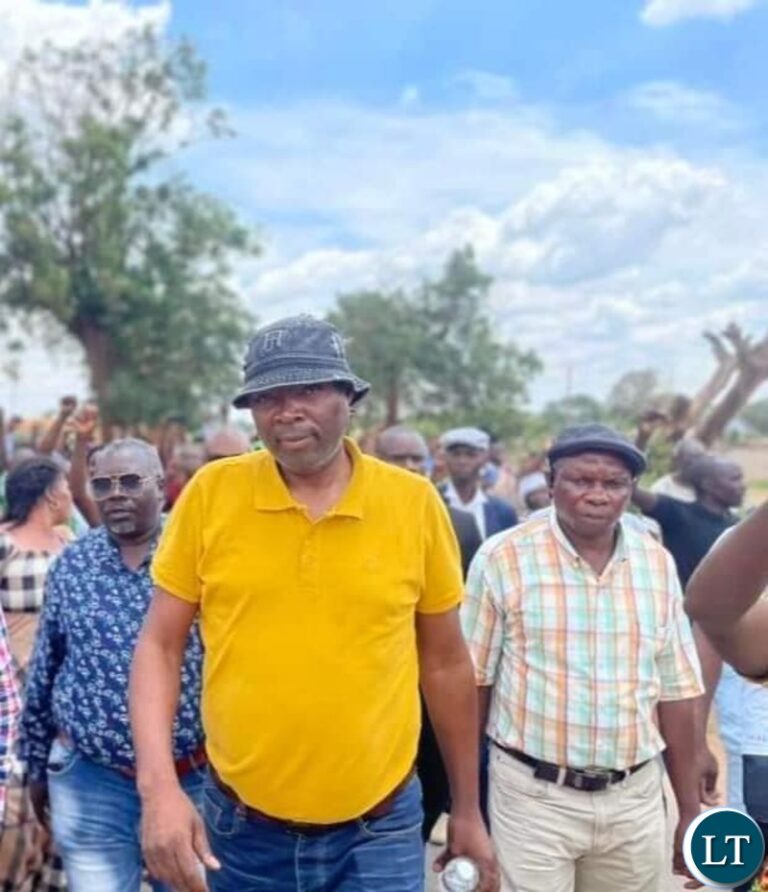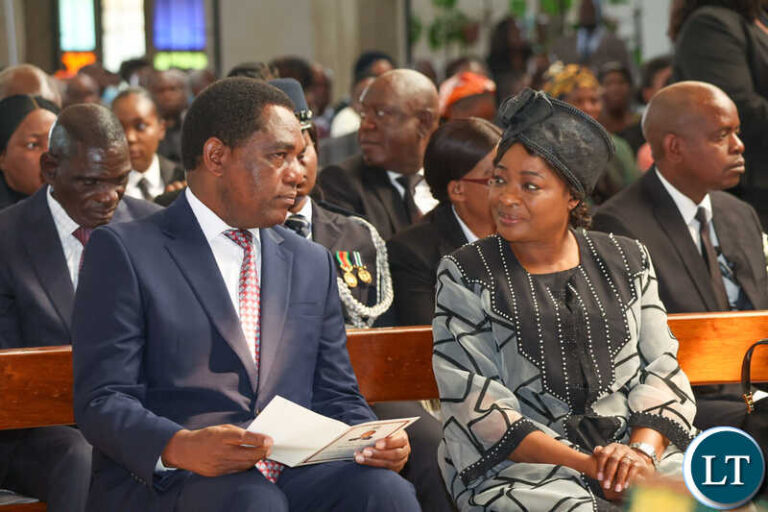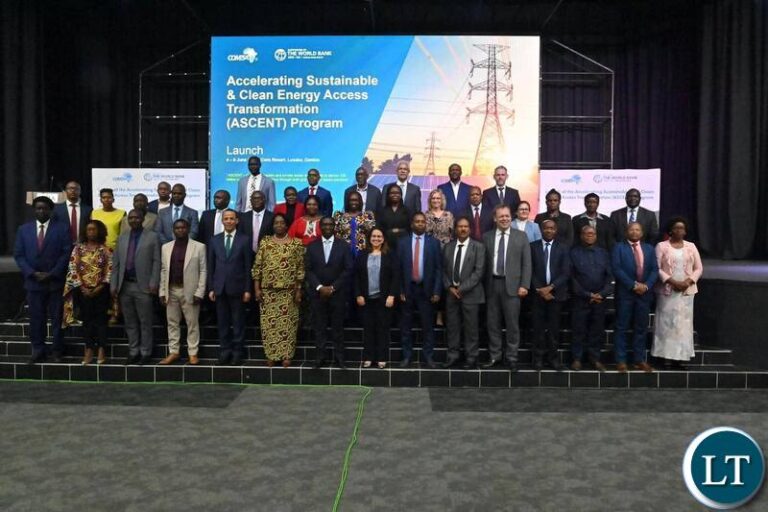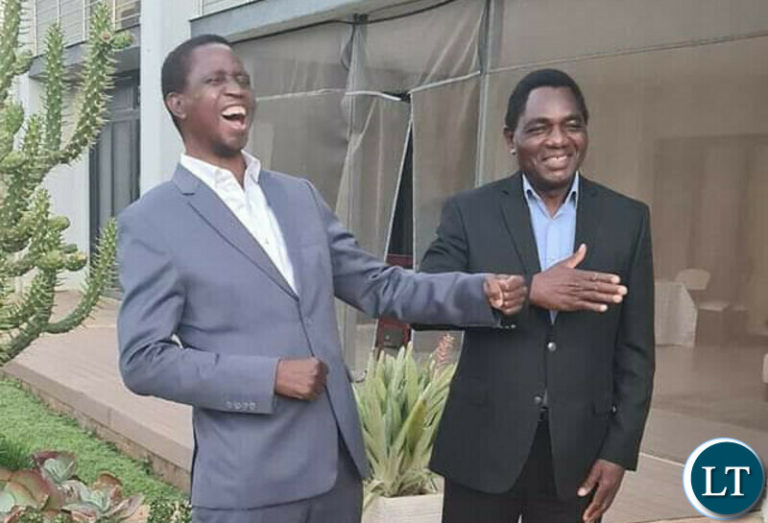By Field Ruwe EdD
This year, I was fortunate enough to witness the extraordinary achievements of graduating students during the 53rd commencement ceremony of the University of Zambia. The memorable event was made possible through an online live stream, graciously provided by a colleague based in Lusaka.
Witnessing the enthusiastic celebration of dedicated young men and women who had diligently fulfilled their educational aspirations was an immensely satisfying and sentimental encounter. I was reminded of Marx’s remark regarding a musical composition: "giving birth to a musical composition, putting it together, and perfecting it, is damned serious work.
As graduands brushed away the stress of years of hard work I worried that only a few were richly endowed mentally. The rest were not so well-read and intellectually-wired to turn university-derived lectures into industry.
A plethora of findings show that most African universities, including UNZA produce fewer than a third of baccalaureate degree recipients who are "proficient" in their field, and among them are the handful who graduate Summa Cum Laude (GPA 3.9-4.00 highest honor), Magna cum laude (GPA 3.7-3.8 great distinction), and Cum laude (3.5-3.6 distinction).
A considerable number of UNZA graduates across various fields possess only basic or intermediate levels of knowledge. While they excel in theoretical competence, a noteworthy number encounter challenges in effectively expressing themselves through academic oral and written channels. This limitation impedes their ability to showcase the profundity of the alumni impact in various sectors, industries, and communities at both national and global scale.
The inadequacy is apparent when numerous Zambian intellectuals, college students, government officials, and legislators (members of parliament) encounter information or engage in a discussion, review an article, or deal with an exploitative foreign investor or lender. Only a small number have the ability to engage in critical thinking, academic inquiry, and creative reflection on the reality of the Zambian society.
As the new graduates exited the stage, clutching their well-earned degrees, I was struck by the
magnitude of their accomplishment. Simultaneously, I couldn’t shake off a shiver that ran down
my back, as an intense feeling of déjà vu washed over me.
According to the University of Zambia’s website, a staggering 40,000 graduates have emerged since 1969, when the first graduation ceremony was held. No more striking proof could be found of the truth that past UNZA graduates have not demonstrated a proclivity for innovation unless,except under the tutelage of foreign nation builders, and among them the Chinese who have exerted a profound influence upon Zambians. This is due to the fact that they have been unable to devise a workable theory and an appropriate methodology to catapult Zambia towards the standards of a developed nation.
It is a distressing sentiment to think that the jubilant UNZA graduates I was watching were trapped in the same quagmire of unchanging mediocrity; that they too were improbable to construct a structure or blueprint for transformation; that, like their predecessors, they too lacked the ability to redefine the aspirations and goals of our nation.
I assert the above viewpoint based on my belief that the University of Zambia, as a tertiary institution, is responsible for the 40,000 graduates’ failure. UNZA, being the pioneer university in our nation, holds a similar position as Harvard. The students I watched graduate are no different from those at Harvard. Their genome is 99.9%. The same as that of Harvard students..
Yet, Harvard University plays a vital role in influencing global advancements with its significant findings, pioneering ideas, and revolutionary creations. Conversely, UNZA has not been successful in attaining notable achievements in terms of effective management, dedication to the well-being of underprivileged groups, and lacks the essential motivation to learn from successful peers.
Furthermore, the University of Zambia faces challenges with its academic framework.Consequently, UNZA graduates are unable to generate revolutionary breakthroughs, stimulate innovation in various sectors, and foster notable social and economic progress.
It comes to the fore that UNZA’s predicament began with the 1963 Lockwood Committee that recommended a curriculum centered on local needs and the addition of levels for first year baccalaureate students. Since then the university’s academic rigor continues to suffer due to limited progress in educational reforms.
Consequently, the outcomes anticipated from the implementation of various significant policies and acts have fallen short of the intended aspirations. Some of the acts, including the 1987 Act of the University of Zambia, the 1996 Policy Reforms on quality of education, and the 2013 Higher Education Act, have not met the expected goals of transforming UNZA into a prestigious educational institution, a repository of knowledge, and a hub for pioneering research efforts.
If the UNZA curriculum does not advance the frontier knowledge and make substantial contributions to the advancements in knowledge, industrial transformation, and positive societal and economic outcomes, then the blame rests squarely on each one of us who is responsible for its establishment.
If the University of Zambia administrators are incapable of executing reforms that can pinpoint extraordinary innovations and prompt narratives of creativity and progress, all while leveraging Zambia’s unique resourcefulness, then they do not possess the right to walk with their heads up.
If the 40,000 graduates from the University of Zambia have not been able to capitalize on Zambia’s abundant natural resources and utilize them to elevate Zambia to the status of a developed nation, then it is imperative for them to acknowledge their lack of vision and foresight.
And if the 2024 UNZA graduates I watched on graduation day embrace mediocrity, and overlook the cultivation of a wide range of intellectual, ethical, civic, and creative capacities in addition to the specialized skills necessary for achievement after graduation, then we might as well be the biblical cursed.
To this effect, the University of Zambia, in collaboration with its stakeholders, should remove levels from the curriculum before the admission of the next students. Additionally, the university should make concerted efforts to revolutionize the reading habits of incoming students. It is of utmost importance for students from various disciplines to view reading as an ongoing and invaluable endeavor in the quest for knowledge. A university of excellence is built upon the foundation of well-read intellectuals.
Once again congratulations to the Class of 2024. I wish you all the very best.Personal Note: No, I have not gone after the University of Zambia because I failed my GCE. I actually passed it. I possess a Form 5, Division 2 GCE. My decision to join Zambia Broadcasting Services straight from secondary school was solely motivated by personal aspirations and ambition.
The rights to this article belong to ZDI (Zambia Development Institute), a proposed US-based Zambian think tank. On May 19, 2022, a comprehensive proposal was delivered to President Hichilema through Principal Private Secretary Bradford Machila. Author Dr. Field Ruwe holds a Doctor of Education in Organizational Leadership. He is affiliated with Northeastern University,Boston, MA. US.


